Co-Convenors
Institute for Marine and Antarctic Studies (IMAS), UTAS, Tasmania, Australia
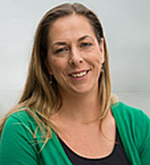
Gretta is an ARC Future Fellow, a previous Fulbright Fellow, and the Deputy Associate Dean of Research at the Institute for Marine and Antarctic Studies. She is also the current Editor in Chief of the prestigious Reviews in Fish Biology and Fisheries journal and a co-convenor of the Global Marine Hotspots Network.
Her recent research activity spans a wide range of topics from theoretical to applied ecology, including assessment of species range shifts, population and fishery responses to climate change, development and evaluation of adaptation options to respond to climate change, and on using citizen science approaches for ecological monitoring and engagement (e.g.www.REDMAP.org.au). Gretta leads several large National and regional marine climate change projects at IMAS and has a strong commitment to science communication with the public and industry.
Sea Fisheries Research Institute, Cape Town, South Africa
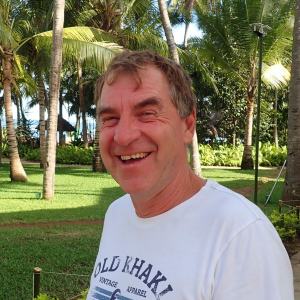
Recent research has focused on the management of marine resources and the implementation of an Ecosystem Approach to Fisheries governance, including the development and application of fisheries policy, the development of fisheries management plans, combating IUU, and Monitoring surveillance and compliance.
Organising and Scientific Steering Committee
Depts. of Botany and Zoology, University of British Columbia
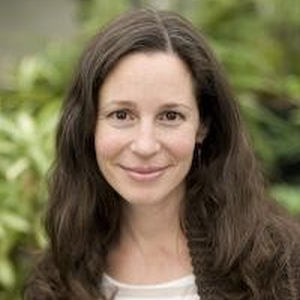
She is an evolutionary ecologist by training who brings an evolutionary perspective to the problem of climate-driven range shifts. She is currently studying the demographic and evolutionary dynamics of populations perturbed by extreme climate events to understand when and where rapid adaption might forestall range contractions.
Titular Professor at the Universidad de la República, Uruguay.
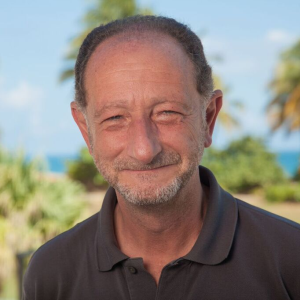
Umeå University and Umeå University Hospital, Sweden
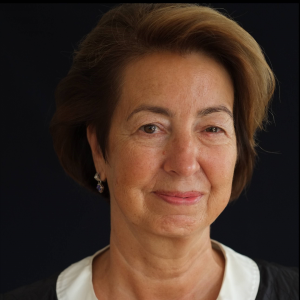
Presently she is the PI of a Nordic Center of Excellence, www.clinf.org, which takes a multi-disciplinary approach involving an international consortium of scientists with interests in One Health and the impacts of ecosystem changes on human societes. She has been the author/ editor of 12 books, 20 book chapters and > 135 scientific publications.
Department of Plant and Soil Sciences, University of Pretoria, South Africa
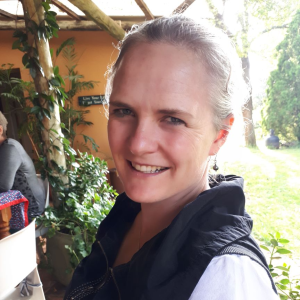
More recently, she has also become interested in the invasion ecology of the sub-Antarctic islands, where she and her team are using a combination of trait ecology and modelling approaches to better predict invasion threats and impacts.
NOAA Fisheries Service, Maryland, USA
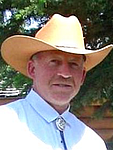
CORDIO, East Africa
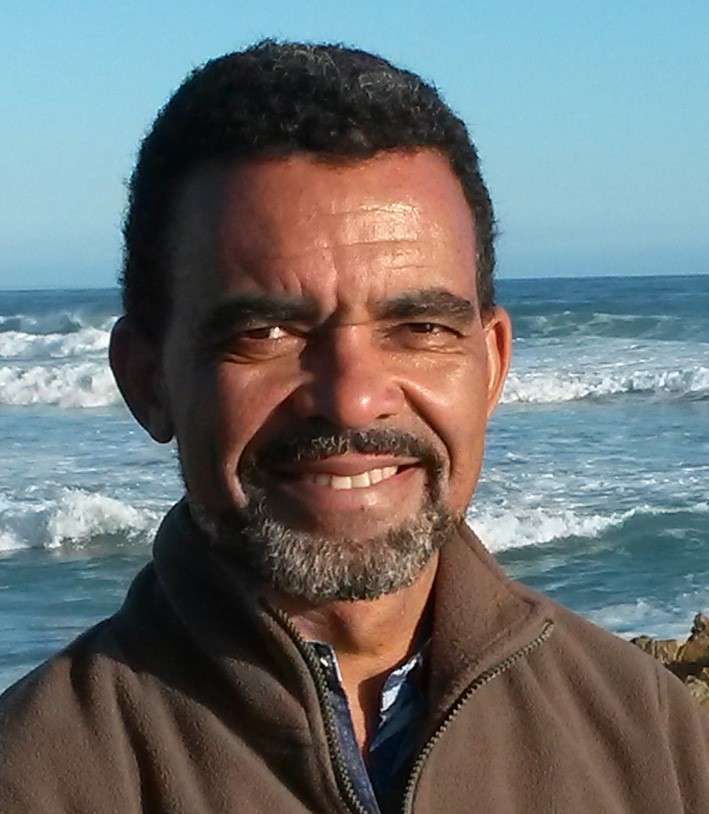
His primary research is on coral reef resilience, in particular to climate change, and the bio-geography of Indian Ocean corals, and have worked extensively in coral reef monitoring. This work provides a platform for contributing to regional scale marine management: in the Northern Mozambique Channel to design and promote an Integrated Ocean Management approach.
Institute of Zoology, Zoological Society of London
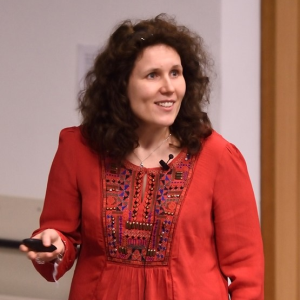
Alfred Wegener Institute, Bremen, Germany
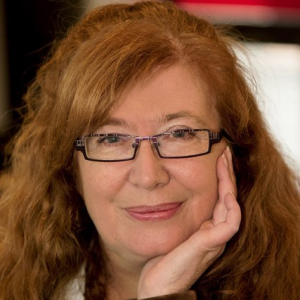
Elvira has over 15 years research expertise in climate change ecology, with a focus on ocean ecosystems and fisheries particularly in the north-east Atlantic and south-west Pacific. Her research includes detection and attribution of observed impacts of climate change, projections of ecological impacts under warming scenarios, and the development of adaptation options for ecosystems and industries. She has led or contributed to assessments of climate change impacts, risks and adaptation across disciplines and sectors.
National Oceanography Centre, United Kingdom
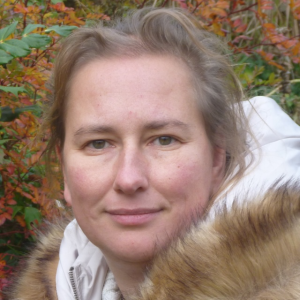
Dr. Popova is particularly interested in two regions: The Arctic Ocean and its transition to the seasonally ice-free state under continuous global warming and the Western Indian Ocean and climate impacts on its living marine resources. As well as scientific research, Dr.Popova is interested in policy and industry uptake of global high resolution modelling in the following areas:
• Impact of climate change on living marine resources
• Environmental risk assessment of potential oil spills
• Navigability of the Arctic sea routes
• Risk of oil spills in Arctic from increased exploration and transportation
• Adaptation to climate change in communities dependent on living marine resources
• Ocean geoengineering
Ecology and Evolutionary Biology, University of Connecticut, Storrs
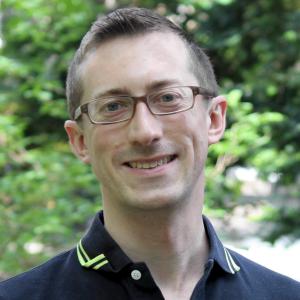
His work primarily focuses on how large-scale anthropogenic drivers of change (e.g., climate change, invasive species, fire) affect geographic distributions and community interactions over short (years) to long (centuries) timespans. His studies frequently focus on bird communities in temperate mountains around the world.
CSIRO and Western Australian Biodiversity Science Institute
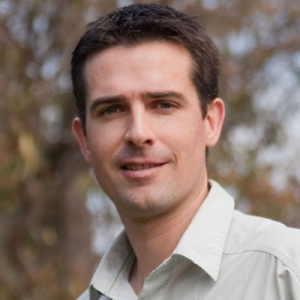
Bruce leads projects that translate novel research findings into improved management solutions to address the biggest challenges at the nexus of landscape change, species invasions and native species resilience.
Department of Ichthyology and Fisheries Science, South Africa

Rhodes University, South Africa
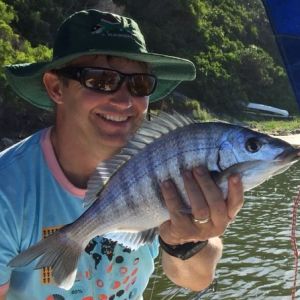
Snowchange, Finland
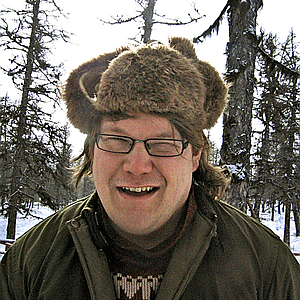
Professionally, he works for the award-winning Snowchange Cooperative, which is a non-profit organization based in Finland with members across the Arctic, including the communities of Eastern Sámi, Chukchi, Yukaghir, Sakha, Evenk, Even, Inuit, Inuvialuit, Gwitchin and many more.
Dr Mustonen is well-known scholar of the Arctic biodiversity, climate change and indigenous issues, having published over a dozen publications on the topics, including the ground-breaking Eastern Sámi Atlas and Snowscapes, Dreamscapes.
Dr Mustonen lives in the middle of the last old-growth forest in Selkie with his wife, Kaisu, two goats and 10 chicken without running water. He is a winter seiner. He has won several human rights and environmental awards for the work with Snowchange and indigenous peoples of the Arctic. He is also an adopted full status member of the Kwakwakwala First Nation based in British Columbia, Canada.
Department of Life Sciences, National Cheng-Kung University, Taiwan
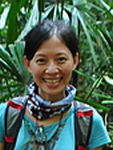
Early Career Committee
Institute for Marine and Antarctic Studies (IMAS), UTAS & CSIRO Oceans and Atmosphere, Hobart, Tasmania
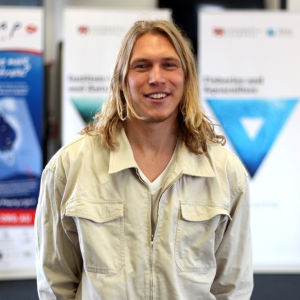
The South African Institute for Aquatic Biodiversity (SAIAB), Rhodes University
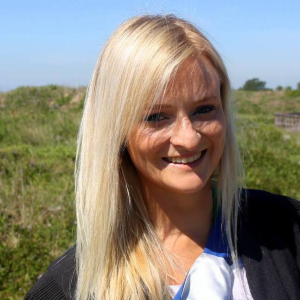
In her PhD, Carla aims to identify the physiological tolerance limits of a few coastal fish species, during their various stages of development, in order to identify potential physiological bottlenecks and the potential for local adaptation under conditions predicted for the coastal ocean in the near future. She is also implementing one of the first ocean acidification monitoring programs in South Africa under the guidance and support of the Global Ocean Acidification Observing Network (GOA-ON) and the National Oceanic and Atmospheric Administration’s (NOAA) Ocean Acidification Program.
Carla is also a member of the Aquatic Eco-physiology Research Platform and the Southern African Fisheries Ecology Research Lab at SAIAB and Rhodes University where she is involved in various other fish eco-physiology studies
Department of Botany and Zoology and Centre for Invasion Biology, Stellenbosch University, South Africa
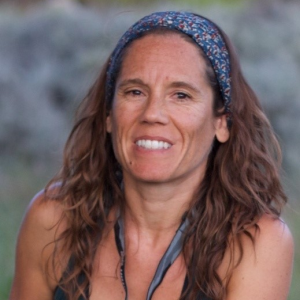
Raquel is currently a postdoctoral fellow at the CLIME Lab at Stellenbosch University, South Africa. Focusing mainly on ectotherms, her ongoing projects combine modelling with lab and field experiments to address questions under three broad topics: a) ecologically relevant climate descriptions; b) climate- and bio-geography changes, and c) thermal physiology mechanisms underlying biogeography.
Faculty of Law, University of Tasmania

Phillipa’s broad research interests include laws for establishing and managing protected areas, enhancing landscape scale connectivity and engaging in proactive habitat restoration and conservation. Her recent research investigates legal frameworks governing the translocation of organisms to new habitats outside their ‘native’ distributions – a strategy that has been proposed to overcome barriers to independent redistribution and climate-driven extinction.
Dynamics of Eco-Evolutionary Patterns, University of Tasmania
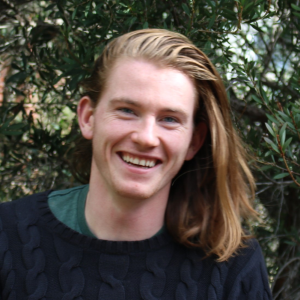
Centre for Biodiversity and Conservation Science, University of Queensland
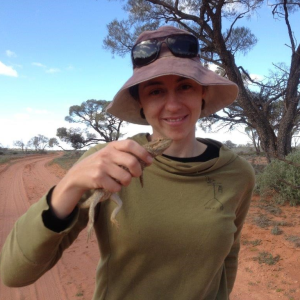
Global Economic Dynamics and the Biosphere, Royal Swedish Academy of Sciences
Stockholm Resilience Centre, Stockholm University

